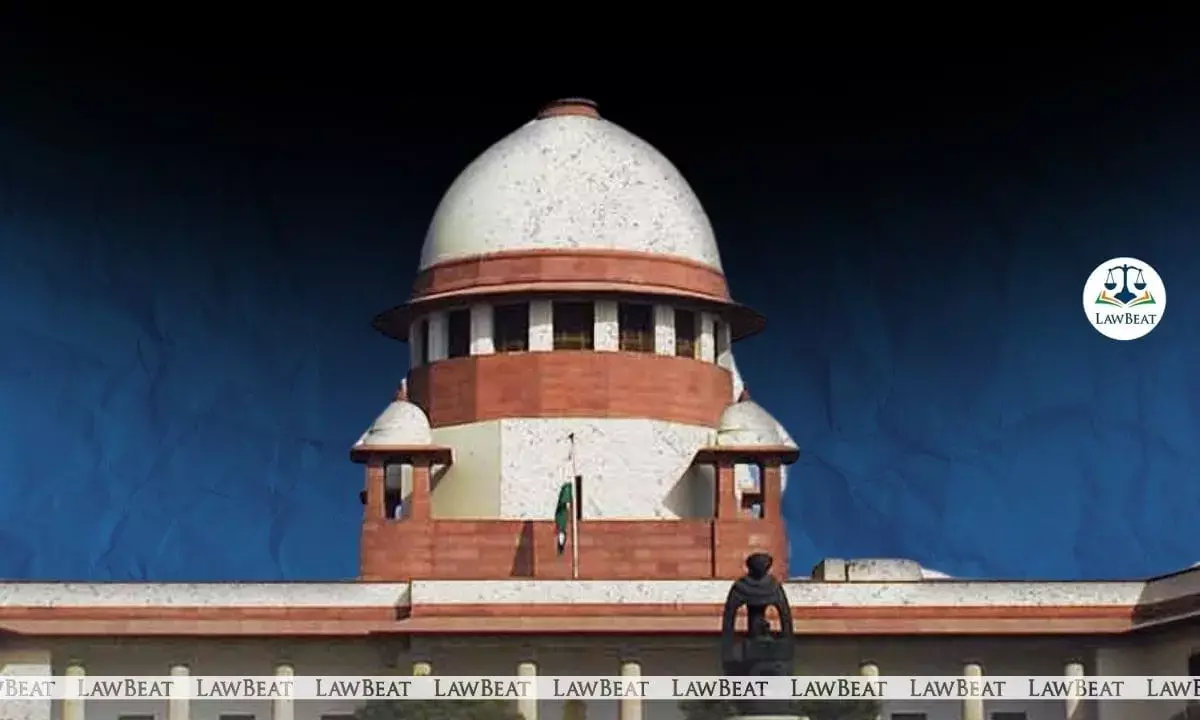Limitation Applies Despite Liberty to File Fresh Suit, Rules Supreme Court

The Supreme Court has held that limitation applies with full force even when a suit is withdrawn with liberty to institute a fresh one under Order XXIII Rule 1 of the Civil Procedure Code (CPC). Such liberty, the Court emphasized, does not revive an extinguished cause of action, nor does it override the bar of limitation or res judicata.
A bench comprising Justices K. Vinod Chandran and N.V. Anjaria dismissed a special leave petition filed by Smt. Arifa and others, upholding the Karnataka High Court’s decision which had rejected a fresh suit on the grounds of res judicata, limitation, and non-joinder of necessary parties.
The dispute arose from an agreement for sale and a Power of Attorney (PoA) executed by the original plaintiff in favour of a cooperative housing society and its secretary. Alleging coercion and misrepresentation in the execution of the PoA, the plaintiff initially sought a permanent injunction. That suit was dismissed by the trial court and upheld on appeal. The High Court too dismissed the second appeal, while rejecting an application for amendment to seek declaration of title and recovery of possession.
Though the High Court granted liberty to file a comprehensive suit, the Top Court clarified that such liberty did not override settled legal findings. “The liberty granted by the High Court in the second appeal was akin to flogging a dead horse; which cannot give a fresh lease of life to either the cause of action, to save limitation, or the grounds on which the declaration and consequential relief has been prayed for,” the bench observed.
The plaintiff had subsequently filed a new suit seeking declarations that the sale deeds executed by the secretary in favour of the society were void ab initio, and that further conveyances to nearly 120 individuals were invalid. The suit also sought possession and an injunction against the allottees.
However, the Supreme Court agreed with the High Court’s conclusion that the suit was barred by limitation. The cause of action, the Court said, would run from the dates of the agreements and conveyances in the 1990s, not from the later date when the High Court dismissed the second appeal and granted liberty.
It further rejected any resort to Section 14 of the Limitation Act, clarifying that the earlier suit was not filed in a wrong forum but was merely not properly framed.
The bench reiterated that the issues now raised, particularly around coercion and misrepresentation, had already been conclusively decided against the plaintiffs in three prior rounds of litigation, squarely attracting the bar under Section 11 CPC. “The issue now agitated was substantially in issue in the earlier suit and decided against the plaintiff, bringing in the rigor of Section 11,” the Court said.
The Court also noted the absence of necessary parties in the fresh suit, including the Belgaum Urban Development Authority and the Badminton Association, who had been allotted parts of the property for civic amenities and infrastructure purposes.
Concluding that the fresh suit was an impermissible attempt to re-litigate matters long settled, the Court affirmed the High Court's judgment and dismissed the special leave petition.
Case Title: Smt. Arifa & Ors. v. Abhiman Apartment Co-operative Housing Society Ltd. & Ors.
Judgment Date: July 14, 2025
Bench: Justices K. Vinod Chandran and N.V. Anjaria
